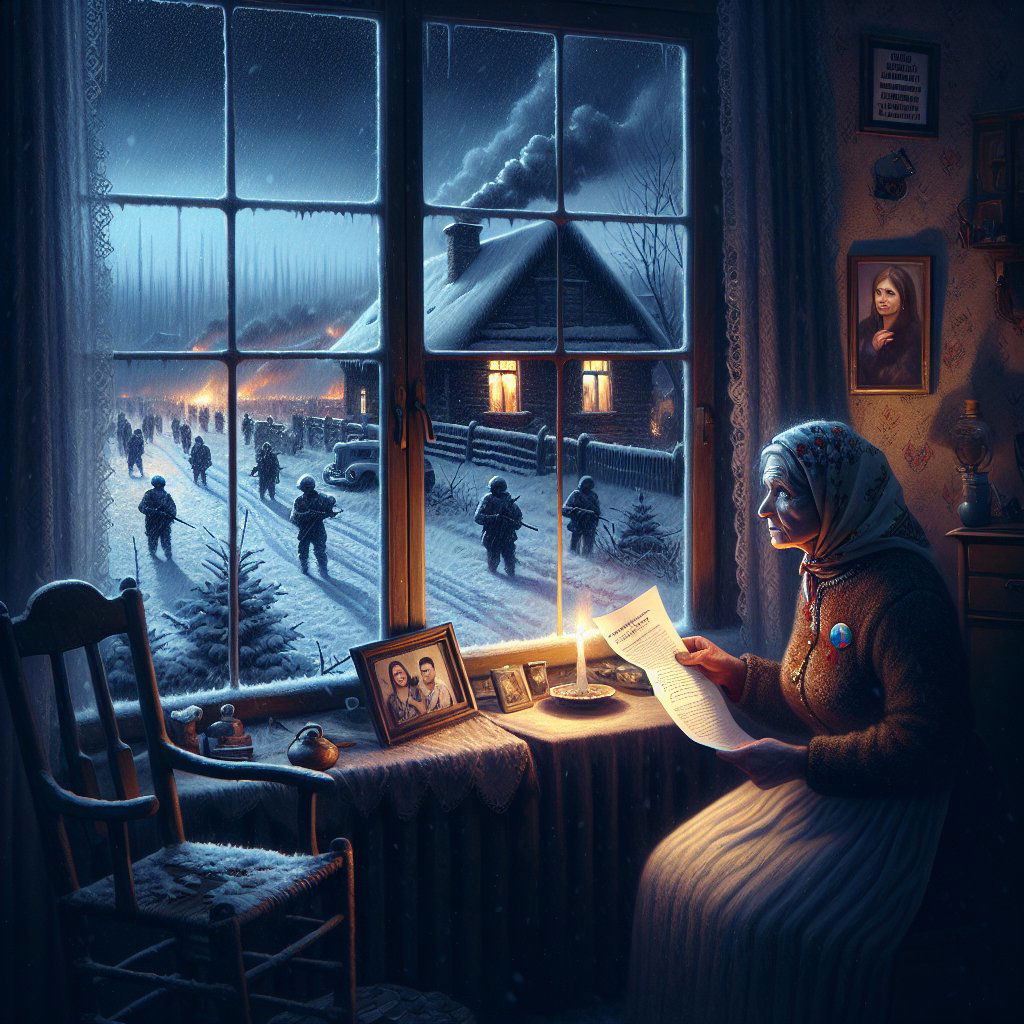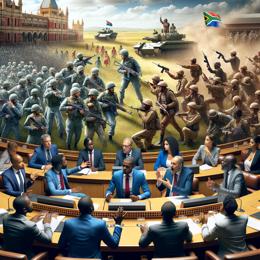Image: AI generated for illustration purposes
The Heavy Toll of War: Ukraine's Battle Fatigue and the Struggles on the Home Front
In Kyiv, Ukraine, the story of Antonina Danylevych serves as a symbol of a nation grappling with the protracted consequences of a harrowing conflict with Russia. The fatigue of prolonged warfare is palpable not just at the front lines, but within the households that anxiously await their loved ones' return. As the wife of a platoon commander with no prior combat experience, Danylevych has borne the brunt of a domestic front bearing the scars of separation and the dread of uncertainty.
Despite her unwavering support for Ukraine's efforts, she has found herself part of an increasing multitude demanding a humane approach to military service—one that provides soldiers with finite terms and the chance for much-needed rest. The 25,000 signatures on a petition to President Volodymyr Zelensky and small-scale protests in Kyiv underscore this collective yearning for change.
The environment is paradoxical—the unyielding patriotism and courage of the Ukrainian people is interspersed with scenes of quiet desperation and a toll that has extended far beyond the battlefield. Those left behind, the partners and families of service members, have had to compensate for absent figures, managing their fears and the reality of war's daily repercussions. The women in particular have had to muster strength they never knew they had, as Danylevych poignantly asks, "But at what cost did we become stronger?"
The Ukrainian army's ethos of resilience is tested as they face the pressures of sustainment and regeneration of their ranks. Urgency is mirrored in a reported plan by the military chief, Valerii Zaluzhnyi, who recognizes the necessity to avert a stalemate of attritional warfare that could play to Russia's advantage. Meanwhile, the clandestine mobilization program continues, with enlistment details and the harrowing casualty rates shrouded in wartime secrecy.
Stories of draft dodging and desperate escape attempts color the grave reality, as border guards report thousands of detentions and tragic deaths. At home, the debate on conscription age and educational deferrals rages on in legislative chambers, underscoring the complexities of wartime governance.
While President Zelensky enjoys still-high ratings, a decrease in trust for government and discontent over the handling of the war and support from the West is discernible in recent surveys, casting a shadow over the national mood.
As winter looms, Danylevych must brace for not just the absence of her husband but the threat of Russian strikes aimed at crippling Ukraine's energy infrastructure. The anxiety of facing such scenarios alone resonates with thousands of other women unified in their call for the demobilization rights of war veterans.
While Oleksandr Danylevych, a university lecturer turned soldier, is unreachable amidst the fray, the Telegram group his wife stumbled upon blooms into a gathering storm of grassroots activism, a poignant testament to the resolve and exhaustion of a population yearning for peace and normalcy.
Ukraine's struggle reflects not just a territorial defense but a fight for the sanity and future of its people—an emblematic struggle that resonates across the world stage.










